by Shannon Caughey
I meet regularly with groups of coaches to discuss the Bible, living out our faith in Christ, and how all this applies to coaching. We talk about the significant influence coaches have. When a coach’s words, actions, and interactions reflect the heart and character of Jesus, the impact of that coach can last not just for decades but for all eternity. Coaching is not merely a job or hobby. For followers of Christ, coaching is a calling from the Lord to have a transformational role in the lives of those they coach.
Sometimes in the midst of these discussions, the response of coaches is along the lines of this: “Wow – this is a really high calling! I want to be a coach who is impacting others for Christ, but I feel like I constantly fall short of where I want to be and should be.” They look at their own inadequacies and failures, and they think, “Who am I to be able to live out this calling to coach for Christ?!”
One of the best known people in the Bible, Moses, asked the same question. In Exodus 3, the Lord explained to Moses that he was calling him to lead the Israelite people out of Egypt, where they were suffering enslavement and oppression. God told Moses to go directly to Pharaoh and instruct him to let the Israelites – who numbered in the hundreds of thousands – leave Egypt. Here is Moses’ response (Exod. 3:11): “But Moses protested to God, ‘Who am I to appear before Pharaoh? Who am I to lead the people of Israel out of Egypt?’”
Moses’ “who am I?” questions are understandable. So, too, is the “who am I?” question in response to the Lord’s calling to lead or coach others for his purposes and honor. What God desires of Moses and of us certainly isn’t easy. Aware of our inadequacies and failures, we wonder how we could ever live up to this calling to have a transformational role for Christ in the lives of those we coach.
To fulfill this calling, however, requires starting at a different place than the “who am I?” question. Listen to what God says to Moses next (v. 12): “God answered, ‘I will be with you.’” Still unsure, Moses asks the Lord what he’s supposed to say when those he’s trying to lead want to know more details about who this God is whom Moses claims is with him and has sent him. “God replied to Moses, ‘I Am Who I Am. Say this to the people of Israel: I Am has sent me to you’” (v. 14).
What does it mean when God says “I Am who I Am” and calls himself “I Am”? God is always fully who he is as God. He is eternal and unchanging. There is never a time or situation in which God is somehow hindered from being fully who he is in his character and purposes. So when God promises, “I will be with you,” he is reassuring Moses that he will be actively present with him in the fullness of who he is as God at every moment. And that is how Moses will be able to be and do all God wants him to be and do.
God gives this same promise to us and fulfills it through Jesus, who is Immanuel, ‘God with us’ (Matt. 1:23). Jesus intentionally uses the same “I Am” of Exodus 3:14 to talk about himself, signaling that he is God in the flesh. We see this particularly in the book of John, where Jesus makes seven profound “I Am” statements. These “I Am” statements reveal more detail about who Jesus is, as well as helping us discover who we are as we respond in faith to Christ. In the coming devotions, we’ll explore these “I Am” statements in John.
Fulfilling the high calling to coach for Christ is not first about who you are. It’s about who the Lord is – the one who is actively present with you in the fullness of who he is at every moment. His presence and his work enable you to be and do all he desires for you to be and do – as a coach and in all of life.
For reflection: Where are you asking “Who am I?” and you need to hear God’s “I am” in a fresh way? Talk to him about this.
Resources
Before you purchase, give Illini Land FCA (217-480-7903) a call to see if we have any resources in stock we can give you!








